Spiritual Growth
Spiritual Growth
Spiritual Growth
Four Ways God Interacts with People
Spiritual Growth
Group Answers Episode 251: Tony Merida on Gather: Loving Your Church As You Celebrate Christ Together
Spiritual Growth
The Joy of Living and Dying for Christ-An excerpt from the new study Philippians
Spiritual Growth
Learning From the 70s Spiritual Awakening
Spiritual Growth
The Christian journey started two thousand years ago. But for many, it’s just beginning.
Spiritual Growth
Your Earthly Problems Have Heavenly Solutions—New From Dr. Tony Evans: Kingdom Authority
Spiritual Growth
Start the New Year off with our Online Bible Study—Kingdom Man
Spiritual Growth












